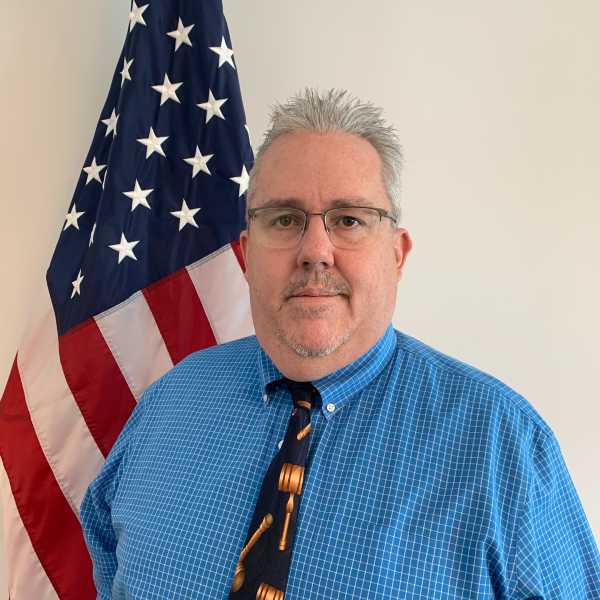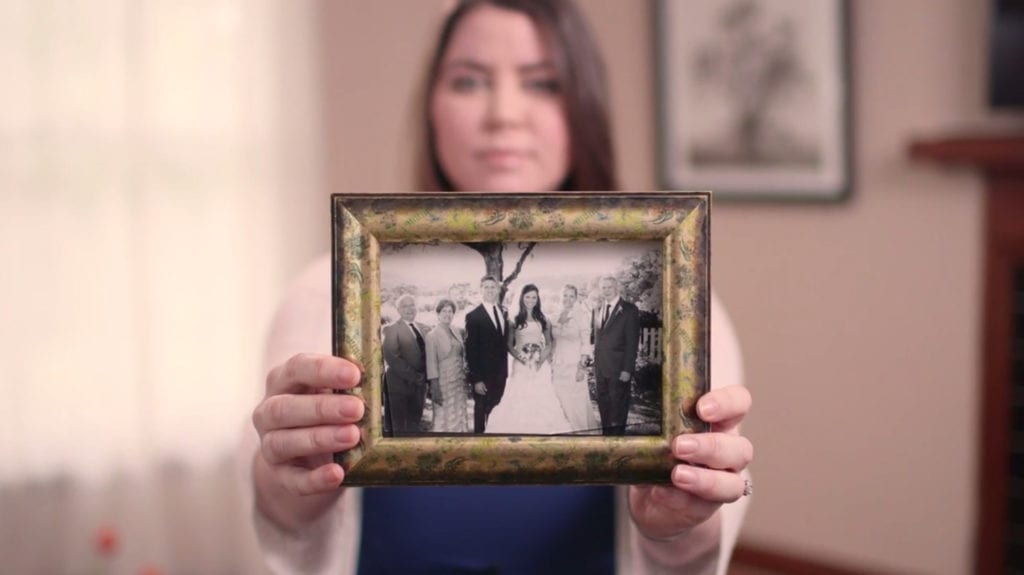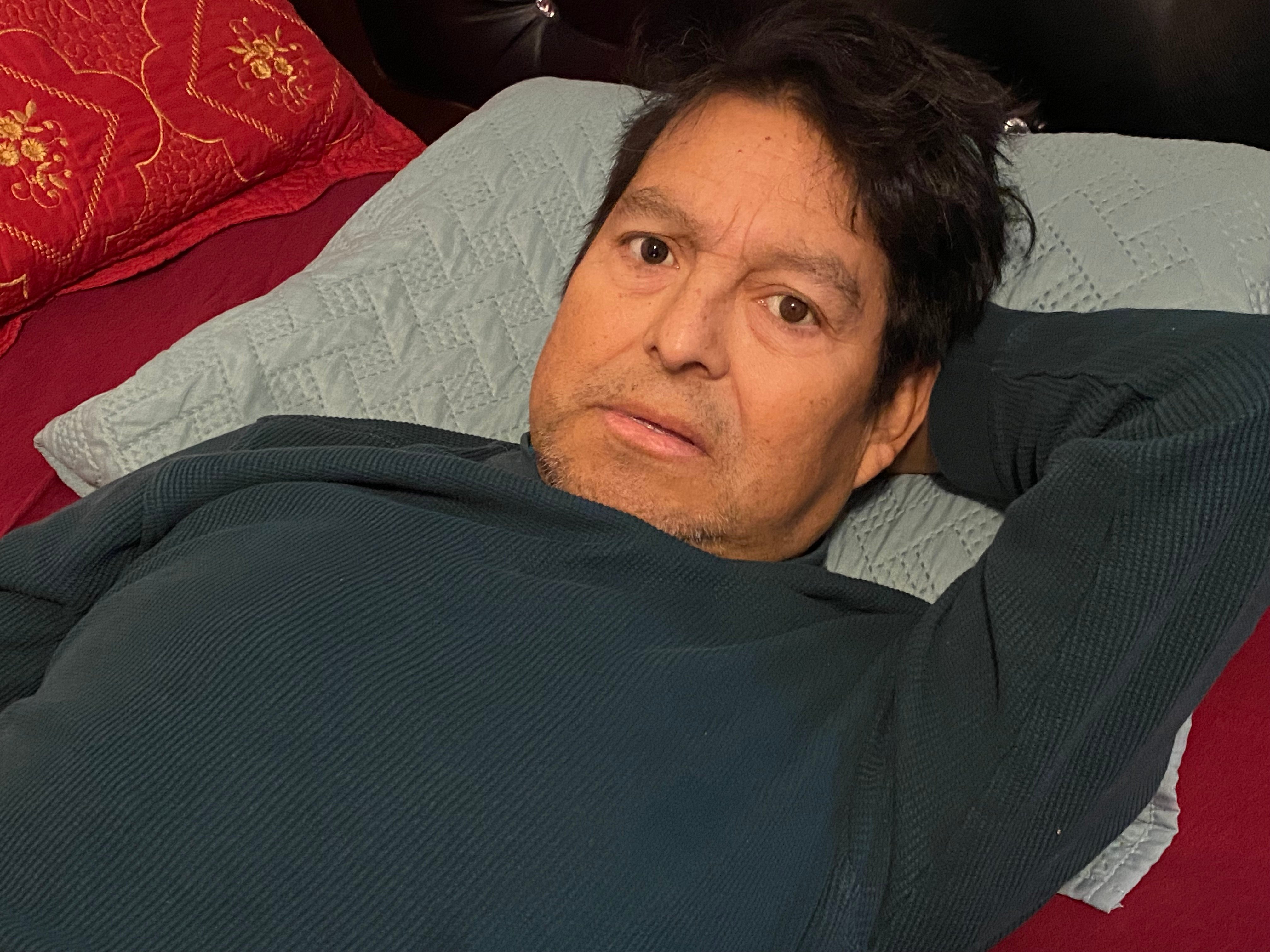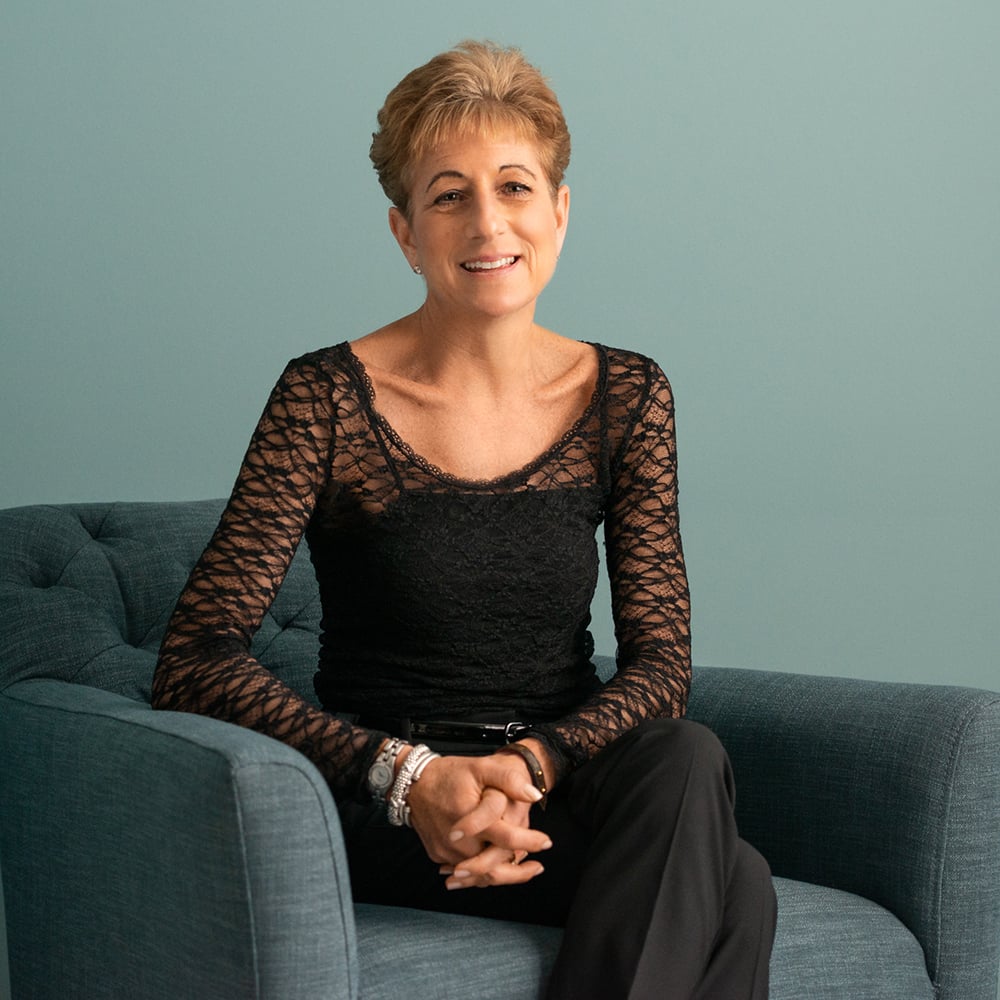Leo shared his story in March of 2022.
More than anything, my dad wanted to be independent.
Michael Bulavko was the child of immigrants who came over from what’s now Belarus before the revolution of 1918 and settled just outside of Boston. He had a full and varied life: He served in the U.S. Army during World War II. He ran the family store for years. And after he married my mother in 1962, he sold the store and started working in what was then the newfangled field of computers. He and my mom bought a house in Walpole, a Boston suburb, in 1966.
After my mother died in 1996, Dad had two real missions in life: first, to stay independent, in his own home, and second, to do what he could to help me out with my own family. As an older man, he was what you might call a curmudgeon. He didn’t really show a lot of emotion. But when he was with my two sons, Nick and Josh, he became “Papa.”
He had this group of friends that he hung out with at the senior center — the Knights of the Round Table, they called themselves. They sat around and told stories and went to breakfast and complained about their respective aches and pains. Anytime I would call my dad to tell him what Nick and Josh were up to, he’d immediately go and bore the Knights with the latest updates from his grandsons.
I remember calling my dad one Saturday morning to tell him how Josh had done in his swim meet. We had been talking for a few minutes when, out of the blue, Dad said, “By the way, I paid ahead for my funeral at Delaney’s today.” He was referring to his local funeral home in Walpole, just matter-of-factly. And that’s how he was. He didn’t sugarcoat anything.
In 2013, at 92 years old, Dad broke his hip. I drove from Maryland to Massachusetts to see him and help him recover. When I arrived at the hospital, I asked him if he wanted me to bring him anything from home — slippers, a robe, a shirt, whatever. He surprised me when he replied that he wanted me to bring his iPad so he could keep up with paying his bills. I had to laugh; he had his obligations and he wanted to take care of them himself. But he couldn’t continue living as he had before, when he had regularly walked five miles a day. He was incredibly frustrated by the loss of mobility he experienced as a result of his injury.
Despite his mobility challenges, Dad continued to live on his own for several years. He fell and broke his arm just after Christmas 2015 and ended up in rehab for a few weeks. My son Nick went up to visit him and they sat over coffees and biscotti as Dad told Nick stories about his life — how my grandfather read to my dad and his sisters in their basement in front of the coal furnace; how lousy a cook my mother was; what his Army service in Iceland was like.
A few months later, just after turning 95, Dad suffered a perforated small intestine, requiring surgery. Shortly after the surgery, Dad’s primary care provider informed me that he wasn’t going to get better. And he was right: the surgery really accelerated my father’s decline.
The last several months of Dad’s life were brutal for him to endure and for me to watch. He completed his post-op rehab, then insisted on moving home again. He wanted to continue caring for himself; he liked being able to drive to Trader Joe’s and get his own groceries when he wanted. (I suggested a delivery service, but he wanted nothing to do with that). It was obvious, however, that he was in pain and really struggling to get around.
Eventually, it became plain that he couldn’t take care of himself the way he wanted anymore, and he went back into the nursing home where he’d been in rehab.
Dad ached for his own home. He was desperate for his suffering to end. He designated me his health care proxy, making it clear that when his time came, he didn’t want to be in a hospital, didn’t want a feeding tube or any extraordinary lifesaving measures. It was tough for me, because I knew what this meant. I asked him a couple times, “Are you sure?” But he was certain about what he wanted.
In early July 2016, Dad went into hospice. He had atrial fibrillation and was on blood thinners that he struggled to manage. I visited him right before he entered hospice. Visibly frustrated, he asked me, “Why am I still here?”
Three weeks after going on hospice care, Dad died of cardiac arrest. He didn’t get to die in his home of 50 years, like he wanted. He wasn’t in control, like he’d hoped.
He had always wanted to be able to make his own decisions about his life, including how his life ended.
In Massachusetts and in Maryland, medical aid in dying is not an available option for people like my dad, who are already dying and just want a measure of control. This should be a person’s choice. There isn’t much in life that we really control. How a dying person has to spend their final days or weeks should be one of those things.






